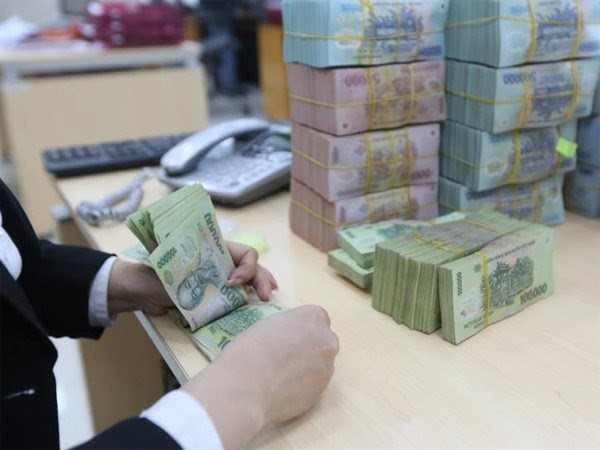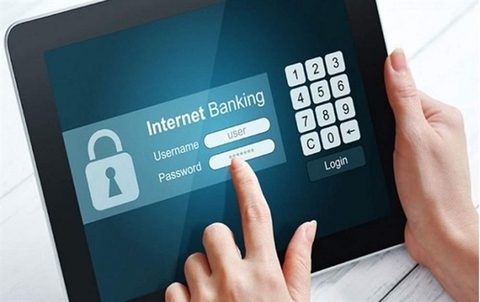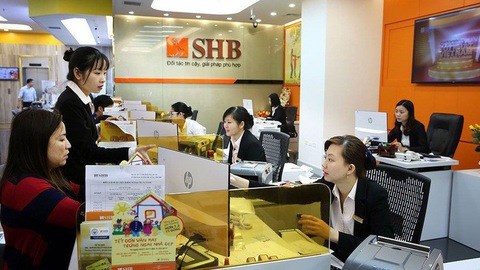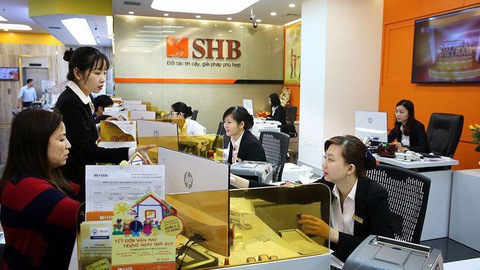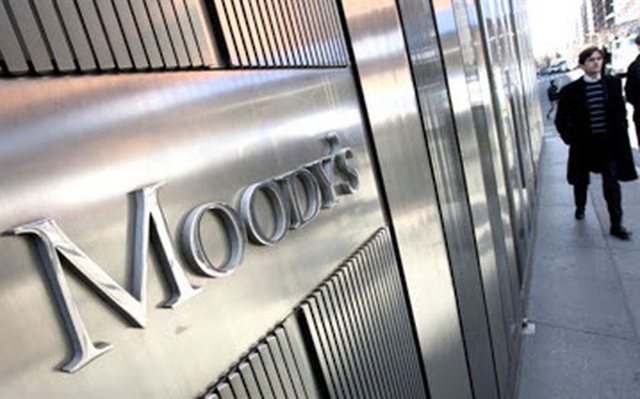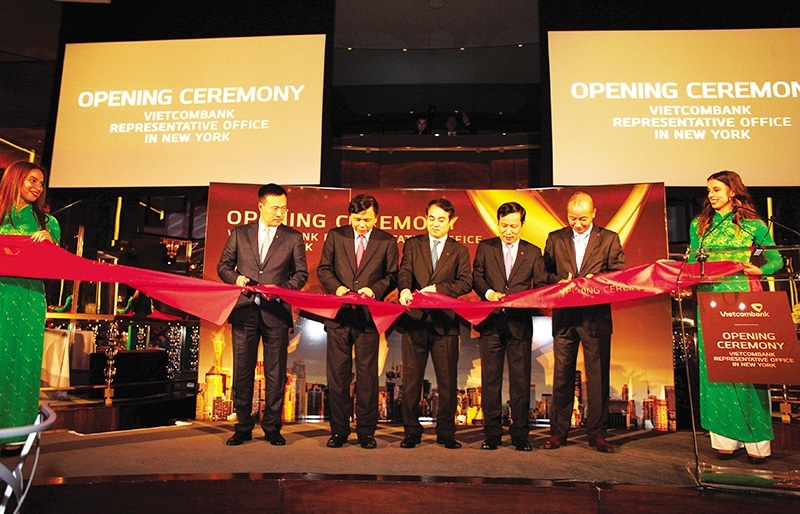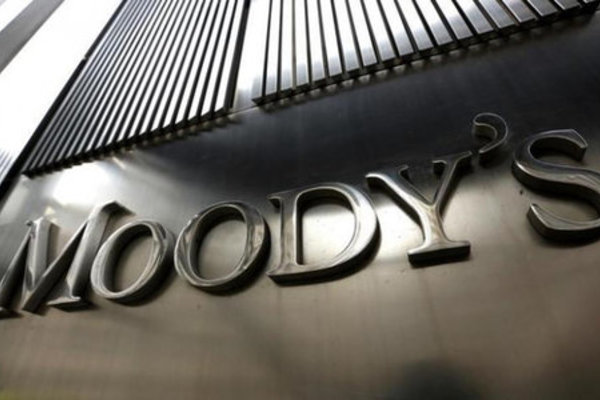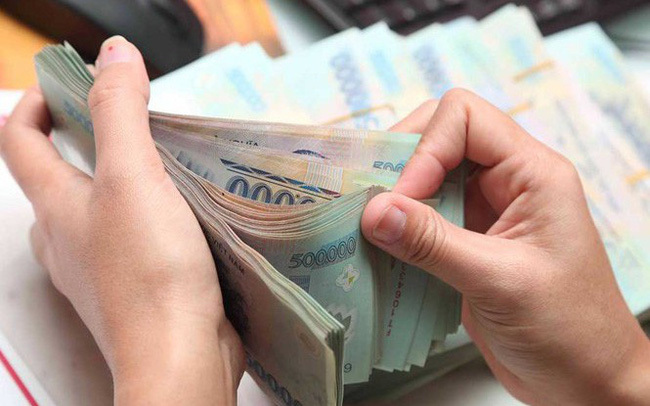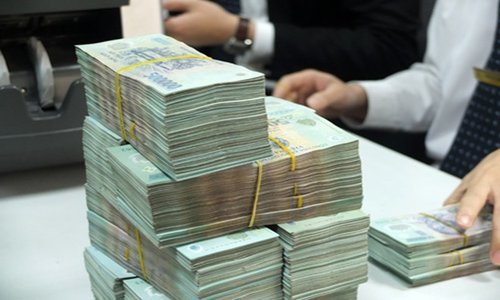- © Copyright of Vietnamnet Global.
- Tel: 024 3772 7988 Fax: (024) 37722734
- Email: evnn@vietnamnet.vn
vietnamese banks
Update news vietnamese banks
Lower interest rates not a good thing for equity market
Lower lending rates in the financial-banking market may not mean good things for the securities market, specialist Dao Phuc Tuong said.
Vietnamese banks to continually cut costs to aid COVID-19 affected firms
The State Bank of Vietnam (SBV) has asked banks to further reduce operating costs in the remaining months of the year in order to continue lowering interest rates to support COVID-19 affected firms and individuals.
Banks struggle to raise capital amid Covid-19
In light of the unpredictable developments relating to the Covid-19 pandemic, many banks in Vietnam are attempting to raise capital but most of their plans have been delayed,
All banks to list shares in 2020? Impossible mission
 Not all commercial banks will list their shares on the bourses by the end of the year as required by the government.
Not all commercial banks will list their shares on the bourses by the end of the year as required by the government.
Capital is cheap, but there are few borrowers
 The capital cost has never before been so low. In the interbank market, the VND overnight interest rate was 0.13 percent per annum on July 8, according to the State Bank of Vietnam.
The capital cost has never before been so low. In the interbank market, the VND overnight interest rate was 0.13 percent per annum on July 8, according to the State Bank of Vietnam.
Local banks are racing to catch digitisation trend: expert
Vietnam has seen a digital wave in the finance-banking industry, with many lenders investing significantly in digitisation, experts have said.
Banks forecast lower profit and credit growth rates
 Domestic activities have returned to normal, but Vietnam’s major partner economies are still affected by the Covid-19 pandemic.
Domestic activities have returned to normal, but Vietnam’s major partner economies are still affected by the Covid-19 pandemic.
VN banks to face competition from foreign rivals
Domestic banks are expected to face increasing competition, especially as European banks will be able to access the Vietnamese market when the European Union-Viet Nam Free Trade Agreement (EVFTA) takes effect.
Banks to sell collateral assets amid fears of rising bad debts
A number of banks have announced plans to auction off their collateral assets in an attempt to speed up bad debt recovery.
Fitch Ratings says Vietnam outperforms among Asia’s frontier sovereigns
According to Fitch Ratings, Vietnam is positioned to stand out among Asia’s frontier and emerging markets this year as a result of its economic resilience and success in bringing the novel coronavirus pandemic under control.
Foreign fix to banks’ capitalisation ails
A string of Vietnamese banks, particularly state-owned lenders, are facing capital shortfalls but upcoming tie-up deals with foreign investors could give the financial sector some much-needed momentum.
Moody's places five Vietnamese financial institutions on review for downgrade
 Moody's Investors Service has placed the long-term ratings and assessments of three Vietnamese finance companies and two Vietnamese banks on review for downgrade.
Moody's Investors Service has placed the long-term ratings and assessments of three Vietnamese finance companies and two Vietnamese banks on review for downgrade.
Vietnamese banks' rating outlooks lowered on COVID-19 impact
 Fitch Ratings has revised the outlook on the long-term issuer default ratings (IDRs) of two State-owned banks and a wholly foreign-owned bank in Vietnam to Stable from Positive,
Fitch Ratings has revised the outlook on the long-term issuer default ratings (IDRs) of two State-owned banks and a wholly foreign-owned bank in Vietnam to Stable from Positive,
Moody's places five VN financial institutions on review for downgrade
 Moody's Investors Service has placed the long-term ratings and assessments of three Vietnamese finance companies and two Vietnamese banks on review for downgrade.
Moody's Investors Service has placed the long-term ratings and assessments of three Vietnamese finance companies and two Vietnamese banks on review for downgrade.
VN banking human resources change in Industry 4.0
 The fourth industrial revolution (Industry 4.0) has a great impact on the human resources of the banking sector, according to the general director of Viet Nam Prosperity Joint Stock Commercial Bank (VPBank).
The fourth industrial revolution (Industry 4.0) has a great impact on the human resources of the banking sector, according to the general director of Viet Nam Prosperity Joint Stock Commercial Bank (VPBank).
Moody's takes rating actions on 18 Vietnamese banks
 Moody's Investors Service on Thursday took rating actions against 18 banks in Việt Nam, following its confirmation of Việt Nam's Ba3 sovereign rating and change of the sovereign rating outlook to negative a day earlier.
Moody's Investors Service on Thursday took rating actions against 18 banks in Việt Nam, following its confirmation of Việt Nam's Ba3 sovereign rating and change of the sovereign rating outlook to negative a day earlier.
Vietnamese lenders set sail for lucrative lands
 Vietnamese banks are following their corporate clients by expanding abroad.
Vietnamese banks are following their corporate clients by expanding abroad.
Vietnam urged to respond to Moody’s review to downgrade rating
 For Vietnam, the issue is not the lack of money to pay debt, but the inefficient coordination among government agencies, a point that Vietnam must improve on.
For Vietnam, the issue is not the lack of money to pay debt, but the inefficient coordination among government agencies, a point that Vietnam must improve on.
Foreign capital flows to Vietnamese banks
 Large banks as well as smaller ones are seeking foreign investors in today's competitive market.
Large banks as well as smaller ones are seeking foreign investors in today's competitive market.
Total deposits in Vietnam’s banking system up slightly to US$355.27 billion
 Personal deposits saw the first decline of VND14 trillion (US$603.08 million) in July, after growing in six consecutive months.
Personal deposits saw the first decline of VND14 trillion (US$603.08 million) in July, after growing in six consecutive months.


